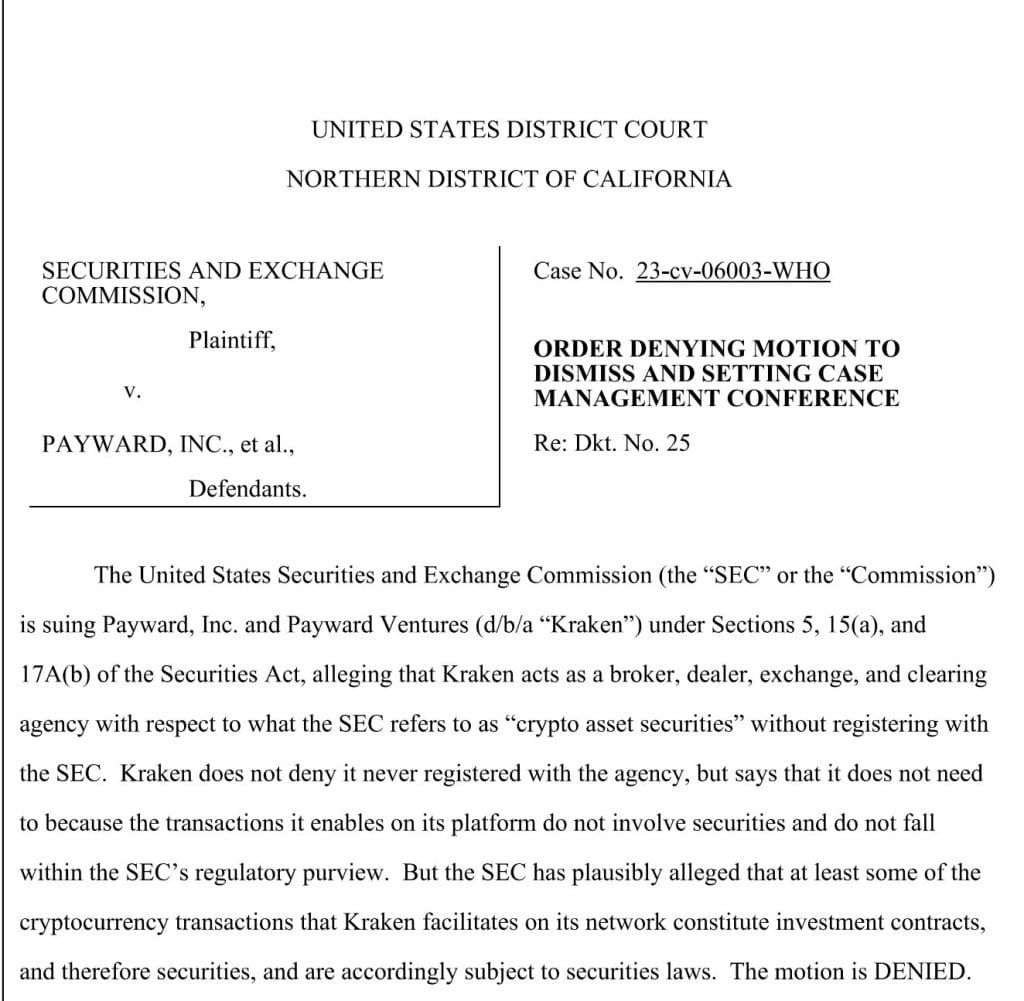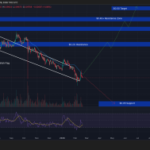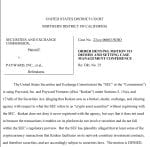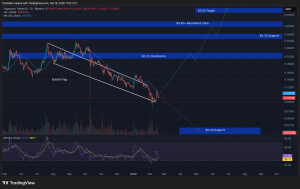Last updated:
 Why Trust Cryptonews
Why Trust Cryptonews

Kraken, one of the oldest cryptocurrency exchanges, faces the ongoing scrutiny of the U.S. Securities and Exchange Commission (SEC). The SEC has accused Kraken of operating as an unregistered securities exchange, a claim that a federal judge has recently upheld.
The question now is, what does the future of digital assets look like in the hands of these regulatory agencies?
Kraken Failed SEC’s Lawsuit and Allegations
Kraken’s legal troubles began in November 2023 when the SEC filed a lawsuit against the exchange, accusing it of facilitating unregistered securities transactions.
The SEC, led by Chair Gary Gensler, has been particularly aggressive in its stance that most digital tokens qualify as securities and, thus, fall under its regulatory jurisdiction.
Like many other crypto platforms, Kraken argued that the SEC’s reach should not extend to digital assets, contending that the agency was overstepping its authority.
However, U.S. District Judge William H. Orrick recently ruled against Kraken’sy motion to dismiss the lawsuit.

In his opinion, Judge Orrick stated that the SEC had “plausibly alleged” that some of the cryptocurrency transactions Kraken facilitates could be considered investment contracts, making them subject to securities laws.
This decision is a critical blow to Kraken, which had positioned itself as a staunch defender against what it views as regulatory overreach.
The SEC’s lawsuit also accused Kraken of mishandling customer assets, including co-mingling them with its own and failing to protect customer information adequately.
The specific digital tokens cited in the case include prominent names like Cardano’s ADA, Cosmos’s ATOM, and Solana’s SOL, among others.
The case hinges on the application of the Howey test, a legal standard derived from a 1946 U.S. Supreme Court case that determines whether certain transactions qualify as investment contracts.
Is this Over for Kraken? Or The New Beginning of Crypto in the US?
Kraken’s case is not an isolated incident but part of the SEC’s broader crackdown on cryptocurrency. Yes, there is a big crackdown against crypto.
The agency has launched similar lawsuits against major crypto firms, including Binance and Coinbase, who have also struggled to dismiss the charges against them.
Under Gensler’s leadership, the SEC has intensified its efforts to bring the crypto market under its regulatory umbrella, arguing that these actions are necessary to protect investors and ensure market stability.
For Kraken, the ruling means the exchange must now prepare to face the SEC in court, potentially with a trial date set for October 2024.
The outcome of this case could set a precedent for how digital assets are regulated in the United States, influencing everything from how tokens are classified to exchanges’ responsibilities in managing customer assets.
With billions of dollars at stake, Kraken’s case resolution could either lead to more transparent regulations or further entrench the divide between the crypto industry and traditional financial regulators.
Notably, the Australian Securities and Investments Commission (ASIC) also won a court case against Bit Trade, the operator of Kraken in Australia, for failing to comply with design and distribution obligations.
The Federal Court ruled that Bit Trade had breached the Corporations Act by offering a margin trading product without a target market determination, violating regulatory requirements since October 2021.
Bit Trade’s non-compliance centered around offering a margin extension product in both crypto and fiat currencies without appropriately designing the product to meet Australian consumer needs, as required by law.
The ASIC argued that the product’s lack of a target market determination and the provision of 5x credit extensions violated regulations, leading to a civil suit filed in September 2023.


















